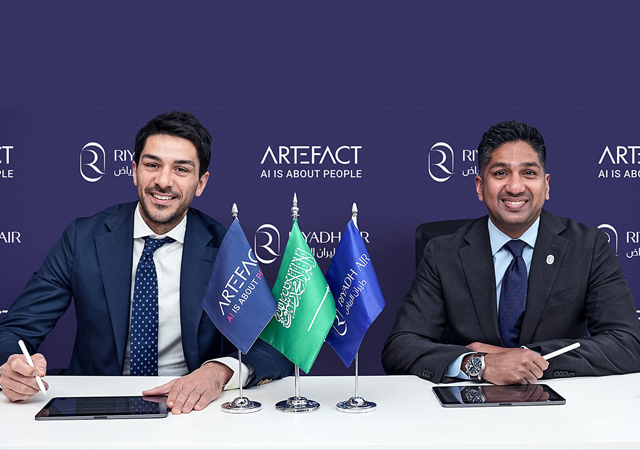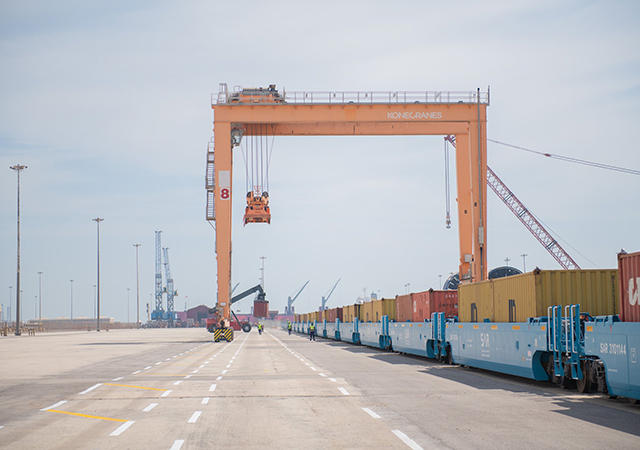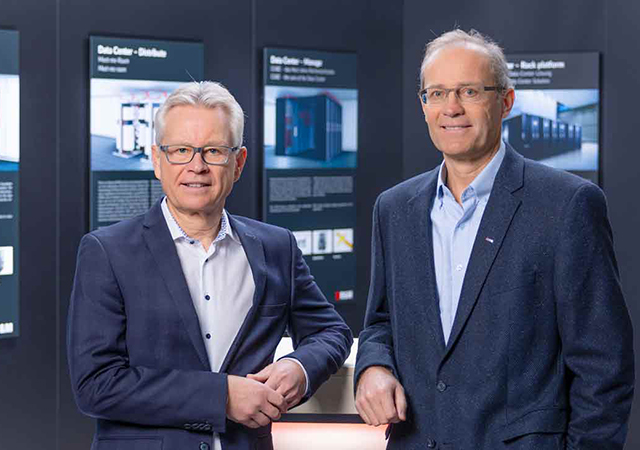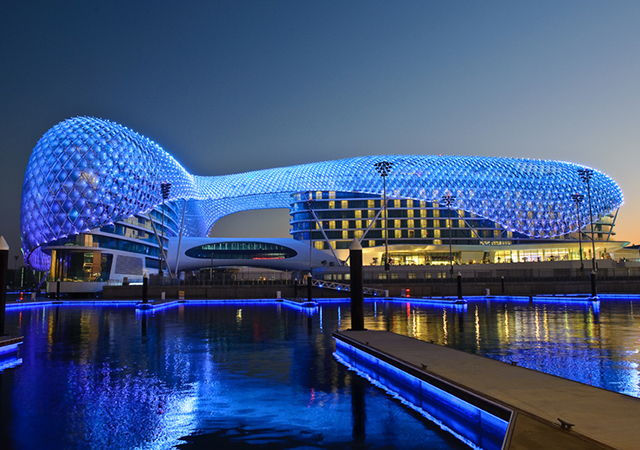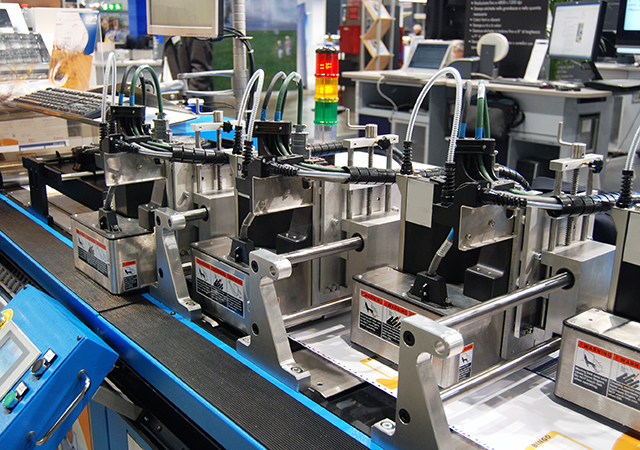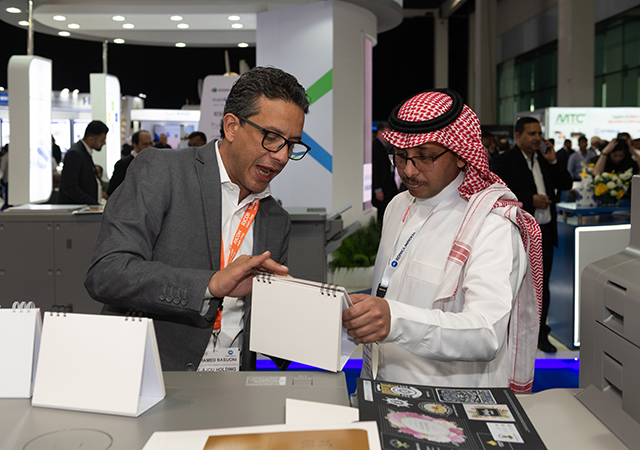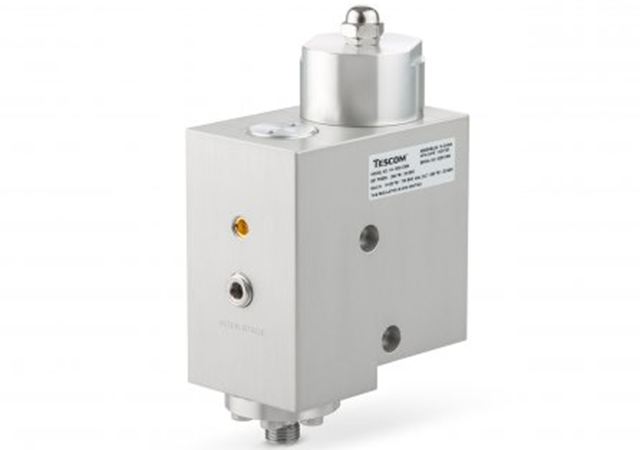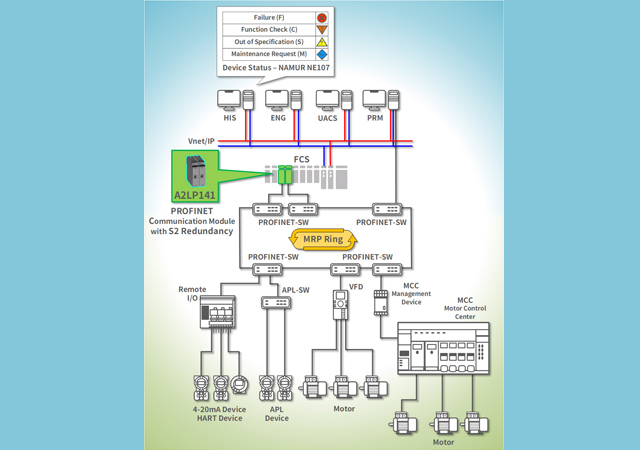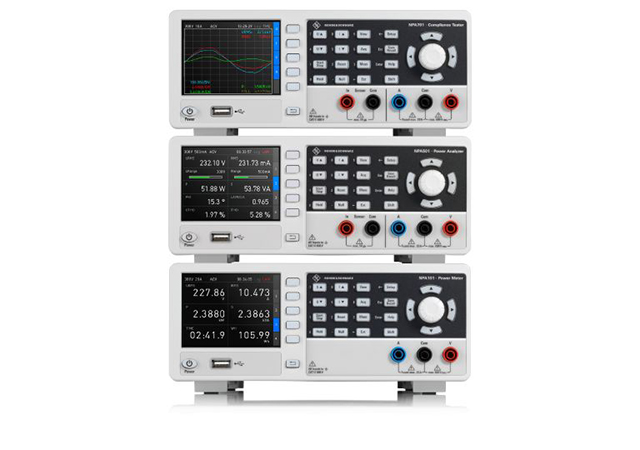

The industrial sector in Riyadh, the capital of Saudi Arabia, is experiencing significant growth with the opening of numerous factories in the year of 2024. This expansion is in line with the country's efforts to boost local production, enhance productivity, and achieve economic diversification.
FOOD INDUSTRY LOCALISATION INITIATIVE
The Saudi Authority for Industrial Cities and Technology Zones (Modon) has reported a significant surge in the number of food factories operating within its cities across the country, reaching approximately 1,300 establishments, reported SPA.
This development is a major milestone for the Kingdom's "Food Industry Localisation" initiative, which seeks to increase productivity, improve product quality, and promote local production.
The initiative plays a crucial role in achieving sustainable growth, maximising value chains, ensuring food security, and developing local content.
The growing industrial landscape in Riyadh was showcased at the Saudi Food Manufacturing Show, where Modon highlighted its services and solutions for the industrial sector.
AL OJAIMI INDUSTRIAL GROUP'S JOINT VENTURE
Al Ojaimi Industrial Group, a renowned player in the electrical manufacturing sector, has partnered with REPL International to establish a new factory in Riyadh, Saudi Gazette said.
This joint venture aims to enhance Saudi Arabia's industrial capabilities, aligning with the objectives of Vision 2030.
REPL International, a global leader in cable accessories for the power and telecommunications industries, brings its expertise to the Riyadh factory.
The facility will initially have an annual production capacity of 150,000 termination and cable joints, with plans for future expansion.
This investment is expected to contribute to the national gross product and boost exports, further diversifying the Kingdom's economy.
INTRA DEFENSE TECHNOLOGIES' DRONE FACTORY
Intra Defense Technologies has inaugurated a state-of-the-art drone factory in Riyadh with the support of the General Authority for Military Industries (GAMI), stated Saudi Gazette.
This achievement represents a landmark in the localisation of drone technology and meets the growing demand for advanced unmanned aerial systems.
The factory boasts cutting-edge technology and high technical standards, specialising in manufacturing drone bodies of various sises and integrating multiple systems and payloads.
It enhances the Kingdom's position in the drone industry, both domestically and internationally, and strengthens its defense capabilities.
NAQI WATER COMPANY'S EXPANSION
Naqi Water Company, a leading player in the water production and bottling sector in Saudi Arabia, has signed a contract to acquire a prime industrial property in Riyadh.
The company aims to establish a new factory in the capital city as part of its regional expansion strategy.
The property, located in the second industrial city of Riyadh, offers ready-to-use facilities, enabling prompt commencement of production lines.
Naqi Water's investment in this new factory will contribute to the company's growth and the overall industrial development of Riyadh.
BOOMING INDUSTRIAL SECTOR
Saudi Arabia's industrial sector witnessed substantial growth in recent years. In 2023, the number of factories increased by 10 per cent, reaching a total of 11,549, according reports.
The Ministry of Industry and Mineral Resources issued 1,379 new industrial licenses that year, attracting investments worth SR81 billion ($21.6 billion).
These investments led to the establishment of 1,058 new factories, with a total investment of SR45 billion ($12 billion).
The manufacturing of food products, non-metallic mineral products, formed metal products, and rubber and plastic products dominated the industrial activities.
Industrial licenses were granted to various types of establishments, including national establishments, those with foreign investment, and those with joint investment.
Small establishments accounted for the largest number of licenses issued, followed by medium-sized outfits, micro-enterprises, and large establishments.
Licences were distributed across different regions, with Riyadh Region having the largest share, followed by the Eastern Region, Makkah Region, Qassim Region, and Madinah Region.
CONCLUSION
The rapid growth of the industrial sector in Riyadh, as evidenced by the increasing number of factories and investments, showcases Saudi Arabia's commitment to economic diversification and self-sufficiency.
The establishment of new factories, particularly in the food, electrical manufacturing, drone, and water production sectors, highlights the Kingdom's focus on enhancing local production capabilities and meeting market demands.
These developments not only contribute to the national economy but also position Riyadh as a hub for innovation, technological advancements, and sustainable manufacturing practices.
As Saudi Arabia continues to forge ahead with its industrial development, itis expected that the industrial sector in Riyadh will play a crucial role in achieving the goals outlined in Vision 2030, driving economic growth, creating employment opportunities, and fostering innovation in the Kingdom.

